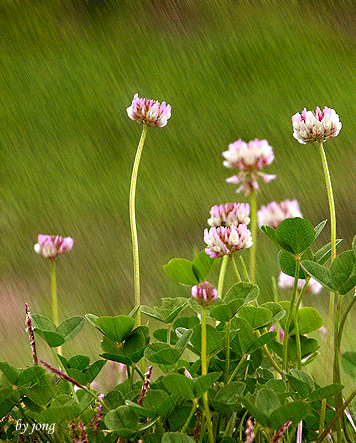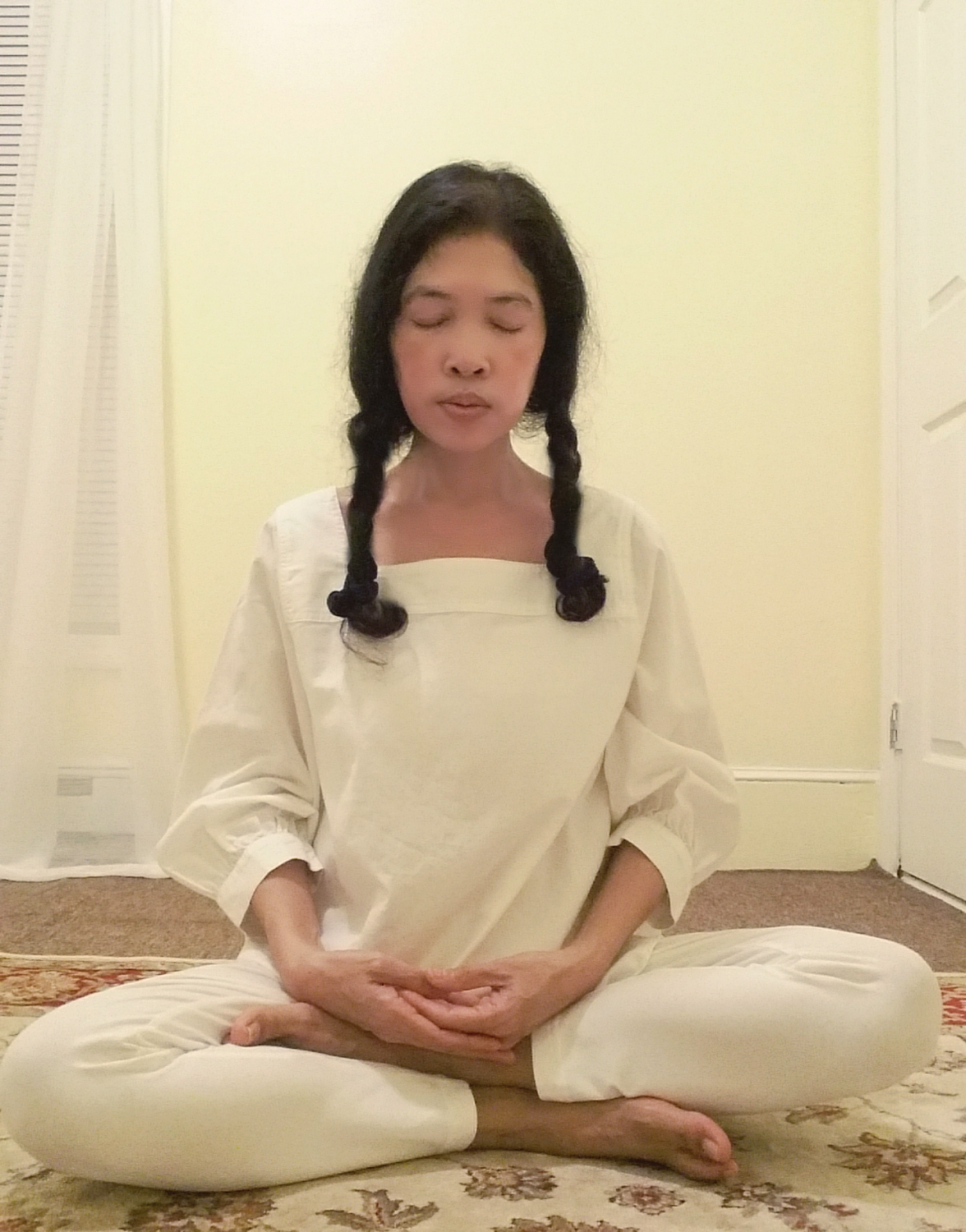
Verse 107: For a hundred years, a man may tend the sacred fire in the forest: yet if, only for a moment, one pays homage to a bhikkhu who has practised Insight Development, this homage is, indeed, better than a hundred years of making sacrifices (in fire-worship).
The Story of Thera Sariputta’s Nephew
While residing at the Veluvana monastery, the Buddha uttered Verse (107) of this book, with reference to Thera Sariputta’s nephew.
On one occasion, Thera Sariputta asked his nephew, a brahmin, whether he was doing any meritorious deeds. His nephew answered that he had been sacrificing a goat in fire-worship every month, hoping to get to the Brahma world in his next existence. Thera Sariputta then explained to him that his teachers had given him false hopes and that they themselves did not know the way to the Brahma world.
Then he took his nephew the young brahmin to the Buddha. There, the Buddha taught him the Dhamma that would lead one to the Brahmin world and said to the brahmin, “Young brahmin, paying homage to the bhikkhus for a moment would be far better than making sacrifices in fire-worship for a hundred years.”
Then the Buddha spoke in verse as follows:
Verse 107: For a hundred years, a man may tend the sacred fire in the forest: yet if, only for a moment, one pays homage to a bhikkhu who has practised Insight Development, this homage is, indeed, better than a hundred years of making sacrifices (in fire-worship).
At the end of the discourse, the brahmin, who was Thera Sariputta’s nephew, attained Sotapatti Fruition.
Dhammapada Verse 107
Sariputtattherassa bhagineyya Vatthu
Yo ca vassasatam jantu
aggim paricare vane
ekanca bhavitattanam
muhuttamapi pujaye
sa yeva pujana seyyo
yance vassasatam hutam.
Source: Tipitaka












